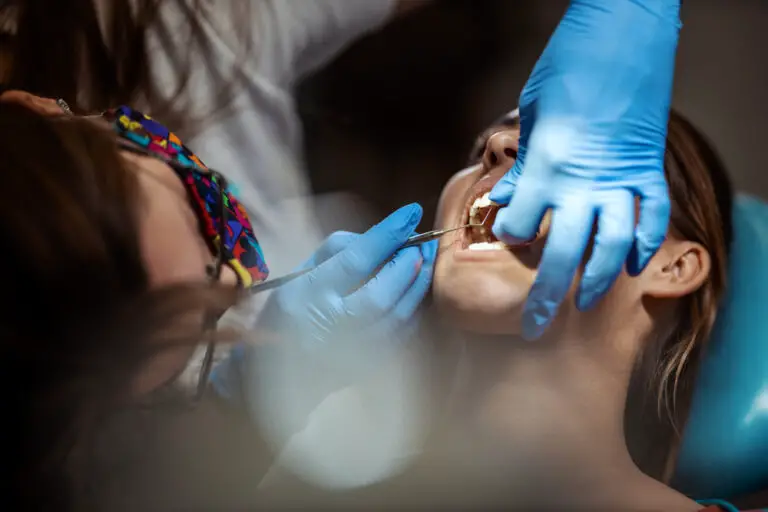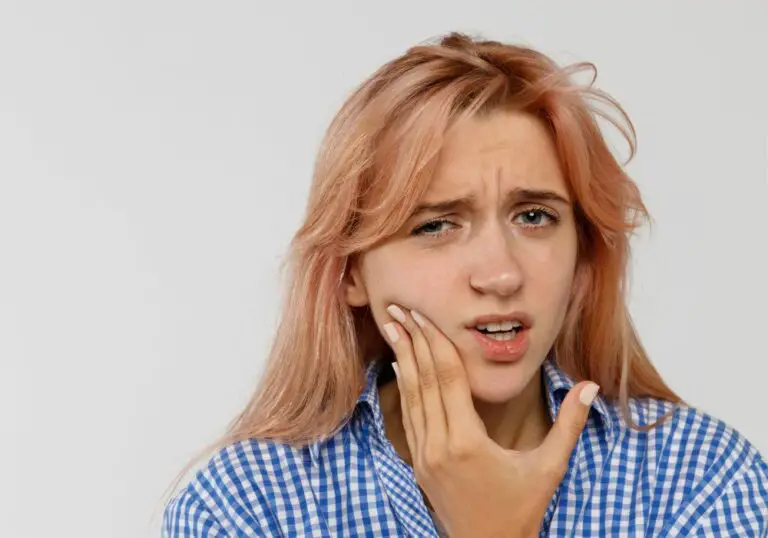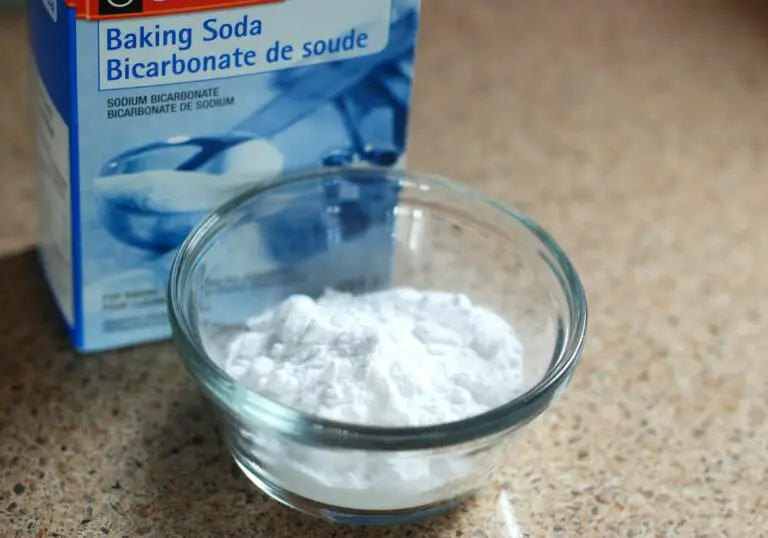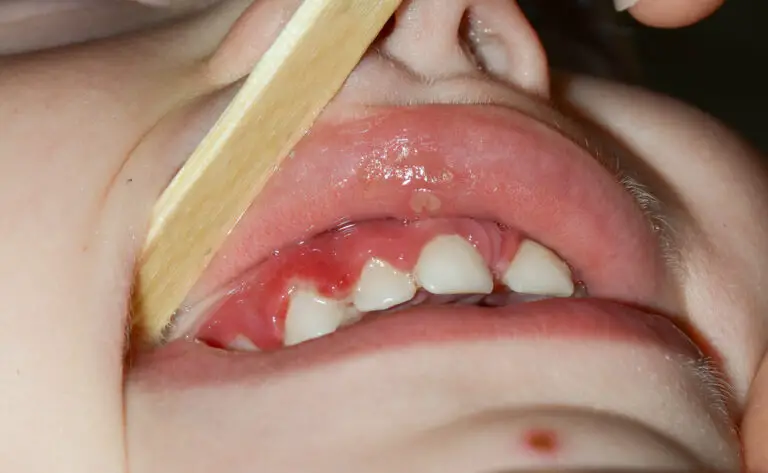Are small teeth rare? You may have noticed that some people have smaller teeth than others, but you might be wondering if this is a rare occurrence. The truth is that small teeth, also known as microdontia, can be a relatively common dental condition, affecting up to 1 in 6 people.
Microdontia can be caused by a variety of factors, including genetics, hormonal imbalances, and certain medical conditions. It can affect both baby teeth and permanent teeth, and can occur in just one tooth or multiple teeth. While it is not always a cause for concern, it can sometimes lead to dental problems such as overcrowding or misalignment. If you have concerns about the size of your teeth, it is important to speak with your dentist to determine the cause and any necessary treatment.
Understanding Teeth Size Variation
Teeth come in all shapes and sizes, and small teeth are not necessarily rare. In fact, small teeth, or microdontia, is a relatively common dental condition that affects both baby and permanent teeth.
There are several factors that can contribute to the variation in tooth size, including genetics, environment, and developmental abnormalities. Some people may have naturally smaller teeth due to their genetic makeup, while others may have experienced developmental issues during their teeth formation, resulting in smaller teeth.
It’s important to note that small teeth do not necessarily indicate a dental problem or require treatment. However, in some cases, small teeth can cause functional or aesthetic concerns, and treatment may be necessary.
If you are concerned about the size of your teeth, it’s best to consult with a dental professional who can evaluate your condition and recommend appropriate treatment. Treatment options may include dental bonding, veneers, or orthodontic treatment.
In addition to small teeth, there are also other variations in tooth size, including hyperdontia (having more teeth than normal) and hypodontia (having fewer teeth than normal). These variations can also be caused by genetic or developmental factors.
Overall, it’s important to understand that tooth size variation is a normal occurrence and not necessarily a cause for concern. However, if you have any concerns about the size or appearance of your teeth, it’s always best to consult with a dental professional.
Small Teeth: A Rarity?
If you’re wondering whether small teeth are rare, the answer is not straightforward. While small teeth are not as common as larger teeth, they are not necessarily rare either.
There are several reasons why someone might have small teeth. One possible cause is genetics. Some people are simply born with smaller teeth, and this trait can be passed down through generations. Another possible cause is a lack of proper nutrition during childhood, which can affect tooth development.
There are also different types of small teeth. For example, relative generalized microdontia is a condition where all teeth are normal size but appear smaller relative to enlarged jaws. True generalized microdontia is the rarest kind of microdontia, and it typically affects people who have a condition like pituitary dwarfism.
While small teeth are not necessarily a cause for concern, they can sometimes be a symptom of an underlying health condition. For example, a rare form of autism called ADNP mutations can cause precocious baby teeth, where teeth come in early and in bunches.
If you’re concerned about the size of your teeth, it’s always a good idea to consult with a dentist. They can help determine the cause of your small teeth and recommend any necessary treatments or interventions.
Genetics and Small Teeth
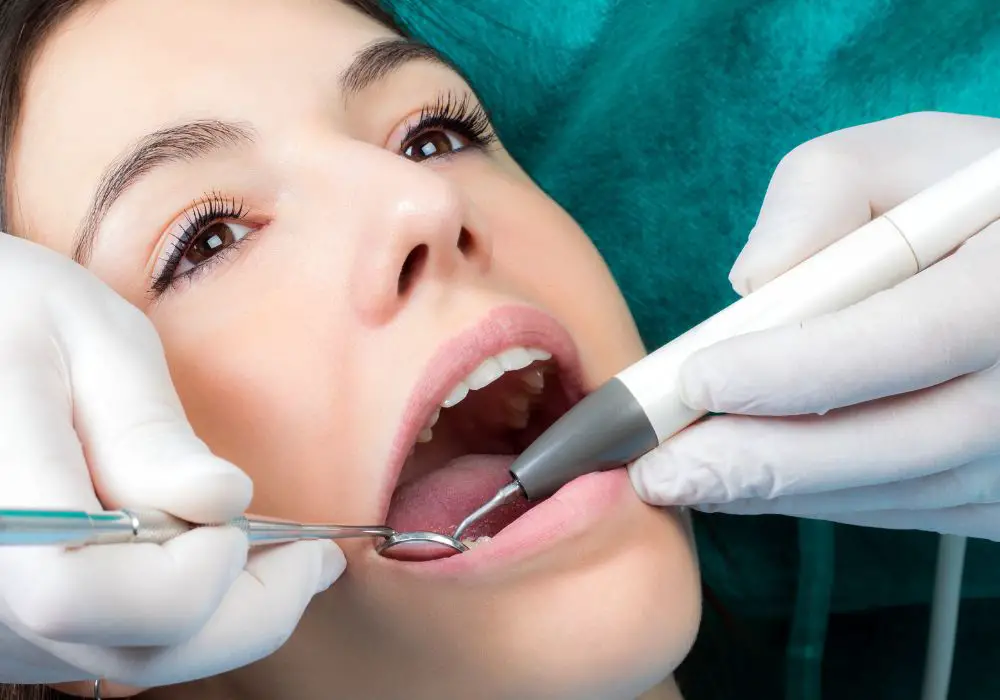
If you have small teeth, it is possible that genetics played a role in their size. Microdontia, the medical term for small teeth, can be isolated or associated with genetic syndromes. The most commonly affected teeth are the maxillary permanent lateral incisors.
One genetic condition that can cause microdontia is ectodermal dysplasia. This rare condition affects the development of the teeth, hair, nails, and sweat glands. People with ectodermal dysplasia may have missing teeth, small teeth, or teeth that are misshapen.
Another genetic condition that can cause small teeth is amelogenesis imperfecta. This condition affects the enamel of the teeth, making them weak and prone to decay. People with amelogenesis imperfecta may have small teeth that are discolored or have pits or grooves.
It is important to note that not all cases of microdontia are caused by genetics. Other factors, such as poor dental hygiene or trauma to the teeth, can also contribute to small teeth. If you are concerned about the size of your teeth, it is best to consult with a dentist to determine the cause and explore treatment options.
In summary, while small teeth can be a result of genetics, they can also be caused by other factors. If you have small teeth, it is important to seek professional advice to determine the cause and explore treatment options.
Environmental Factors Influencing Teeth Size
Your genes play a significant role in determining the size of your teeth. However, environmental factors can also influence tooth size.
One of the most significant environmental factors that can affect tooth size is nutrition. Poor nutrition during childhood can lead to smaller teeth. Specifically, a lack of calcium, vitamin D, and other essential nutrients can negatively impact tooth development.
Another environmental factor that can influence tooth size is exposure to toxins. Exposure to toxins during pregnancy can lead to smaller teeth in children. Additionally, exposure to toxins during childhood can affect tooth development and lead to smaller teeth.
Finally, trauma or injury to the teeth can also affect their size. If a tooth is damaged during development, it may not grow to its full size. Additionally, trauma to the teeth can cause them to become smaller over time.
In conclusion, while genetics play a significant role in determining tooth size, environmental factors can also play a role. Poor nutrition, exposure to toxins, and trauma can all negatively impact tooth development and lead to smaller teeth.
Health Implications of Small Teeth
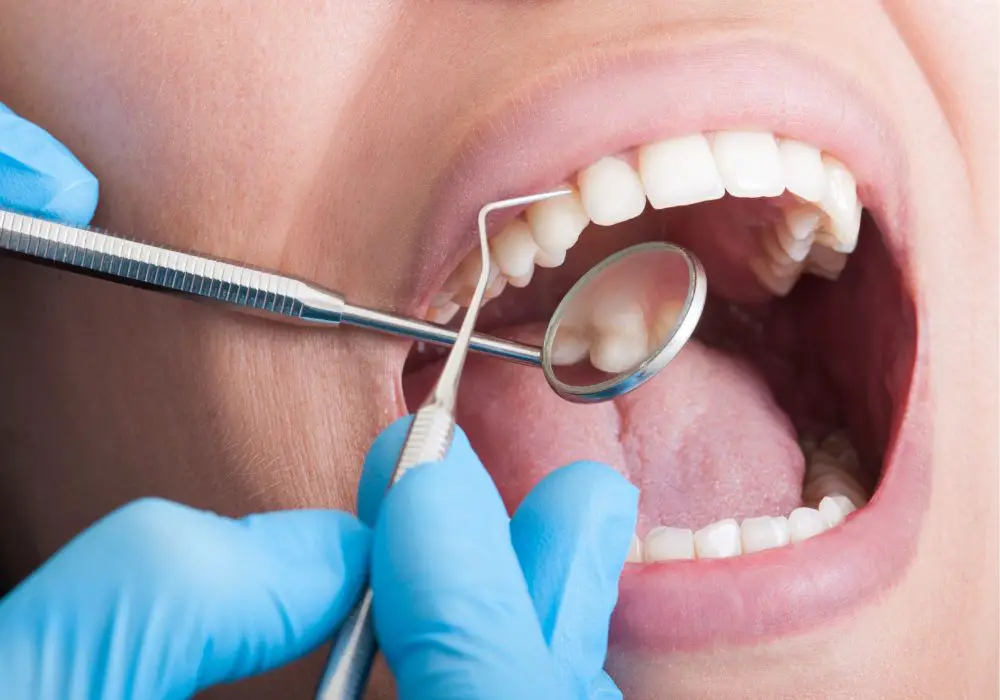
Small teeth can have various health implications, depending on the underlying cause. Here are some potential issues that individuals with small teeth may experience:
Dental Problems
Small teeth may lead to dental problems such as overcrowding, misalignment, and gaps. This can make it difficult to chew food properly, speak clearly, and maintain good oral hygiene. Additionally, small teeth may be more prone to decay, as there is less surface area for enamel to protect.
Self-Esteem Issues
Small teeth can also have an impact on self-esteem. Individuals with small teeth may feel self-conscious about their smile and avoid social situations or taking pictures. This can lead to feelings of anxiety, depression, and isolation.
Genetic Disorders
In some cases, small teeth may be a symptom of a genetic disorder such as amelogenesis imperfecta or oculofaciocardiodental syndrome. These conditions can cause a range of dental and non-dental symptoms, and may require specialized treatment.
If you have small teeth and are experiencing any of these issues, it is important to speak with a dental professional. They can help identify the underlying cause of your small teeth and recommend appropriate treatment options.
Dental Solutions for Small Teeth
If you have small teeth, there are several dental solutions available that can help improve your smile. Here are a few options to consider:
Dental Bonding
Dental bonding is a cosmetic procedure that involves applying a tooth-colored resin material to the surface of your teeth. This can help improve the appearance of small teeth by adding extra material to the tooth to make it appear larger. The procedure is relatively quick and painless, and the results can last for several years with proper care.
Veneers
Veneers are thin shells that are placed over the front of your teeth to improve their appearance. They can be used to make small teeth appear larger, as well as to correct other cosmetic issues such as discoloration or chips. Veneers are custom-made to fit your teeth and can last for 10-15 years with proper care.
Crowns
Crowns are tooth-shaped caps that are placed over the entire tooth. They can be used to improve the appearance of small teeth, as well as to strengthen and protect damaged teeth. Crowns are custom-made to fit your teeth and can last for many years with proper care.
Orthodontic Treatment
Orthodontic treatment, such as braces or clear aligners, can help correct problems with tooth alignment that may be contributing to the appearance of small teeth. By moving your teeth into the correct position, orthodontic treatment can help improve the overall appearance of your smile.
Dental Implants
If you are missing teeth in addition to having small teeth, dental implants may be a good option for you. Dental implants are artificial tooth roots that are placed in your jawbone and used to support a replacement tooth. They can be used to replace a single missing tooth or multiple missing teeth, and can help improve the appearance and function of your smile.
Overall, there are several dental solutions available for small teeth, and the best option for you will depend on your individual needs and goals. Talk to your dentist to learn more about your options and to determine the best course of treatment for you.
Society and Perception of Small Teeth
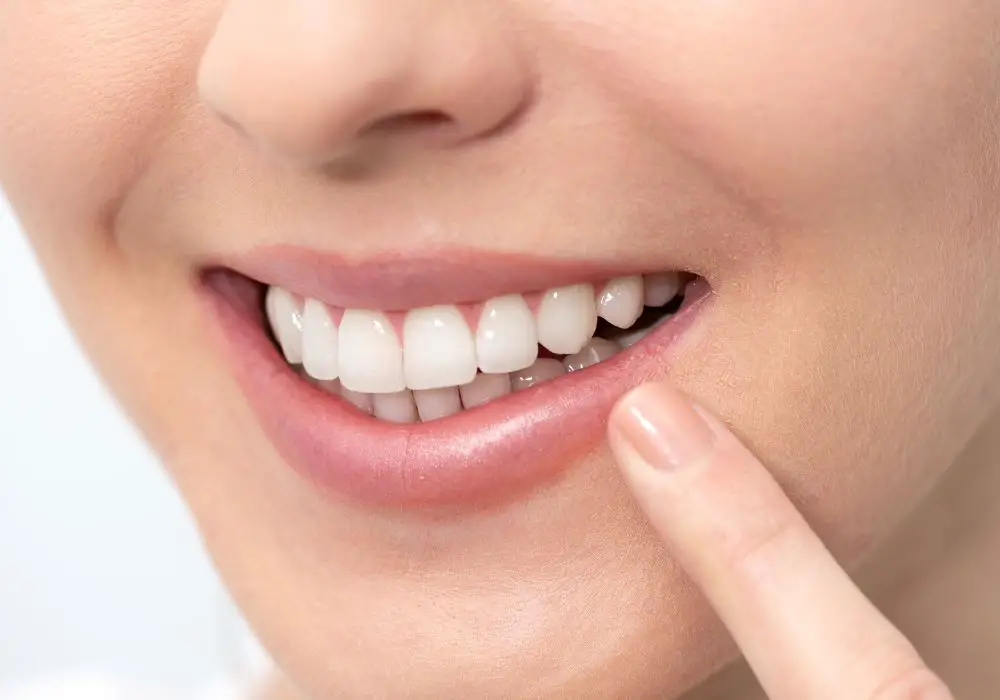
Small teeth can be a source of insecurity and self-consciousness for some individuals. Society has placed a great emphasis on having a perfect smile, which often means having large, white, and straight teeth. As a result, people with small teeth may feel like they do not fit in with the beauty standards set by society.
However, it is important to remember that beauty is subjective and that small teeth can be just as attractive as large teeth. In fact, some people find small teeth to be charming and endearing. It is all a matter of personal preference.
If you are self-conscious about your small teeth, there are several options available to you. Cosmetic dentistry can help to reshape and resize your teeth, giving you the smile you have always wanted. Additionally, there are many celebrities and public figures who have small teeth and have embraced their unique features.
It is important to remember that your teeth do not define you as a person. You are more than your smile, and there is so much more to you than the size of your teeth. Embrace your individuality and be proud of who you are, small teeth and all.
Frequently Asked Questions
Why do some people have smaller teeth than others?
Just like other body parts, teeth can come in different shapes and sizes. Some people may have smaller teeth due to genetic factors or developmental issues. It’s important to note that having smaller teeth doesn’t necessarily mean there is an underlying health issue.
Can small teeth affect my oral health?
In some cases, small teeth can lead to oral health problems. Smaller teeth may be harder to clean properly, which can increase the risk of tooth decay and gum disease. Additionally, small teeth may affect the alignment of your bite, which can lead to jaw pain and other issues.
What are some possible causes of microdontia?
Microdontia, or the condition of having abnormally small teeth, can be caused by genetic factors, hormonal imbalances, or environmental factors. In some cases, microdontia may be a symptom of a larger health issue.
How can microdontia be treated?
The treatment for microdontia will depend on the underlying cause of the condition. In some cases, orthodontic treatment may be necessary to correct the alignment of the teeth. In other cases, dental bonding or veneers may be used to reshape and resize the teeth.
Are small teeth a sign of a genetic condition?
Small teeth can be a sign of a genetic condition, such as hypodontia or ectodermal dysplasia. If you’re concerned about the size or shape of your teeth, it’s important to speak with a dental professional to determine if there is an underlying health issue.
Can small teeth be corrected with cosmetic dentistry?
Yes, cosmetic dentistry can be used to correct the size and shape of small teeth. Dental bonding, veneers, and other cosmetic procedures can be used to improve the appearance of your smile. However, it’s important to note that cosmetic dentistry should not be used as a replacement for proper oral health care.



